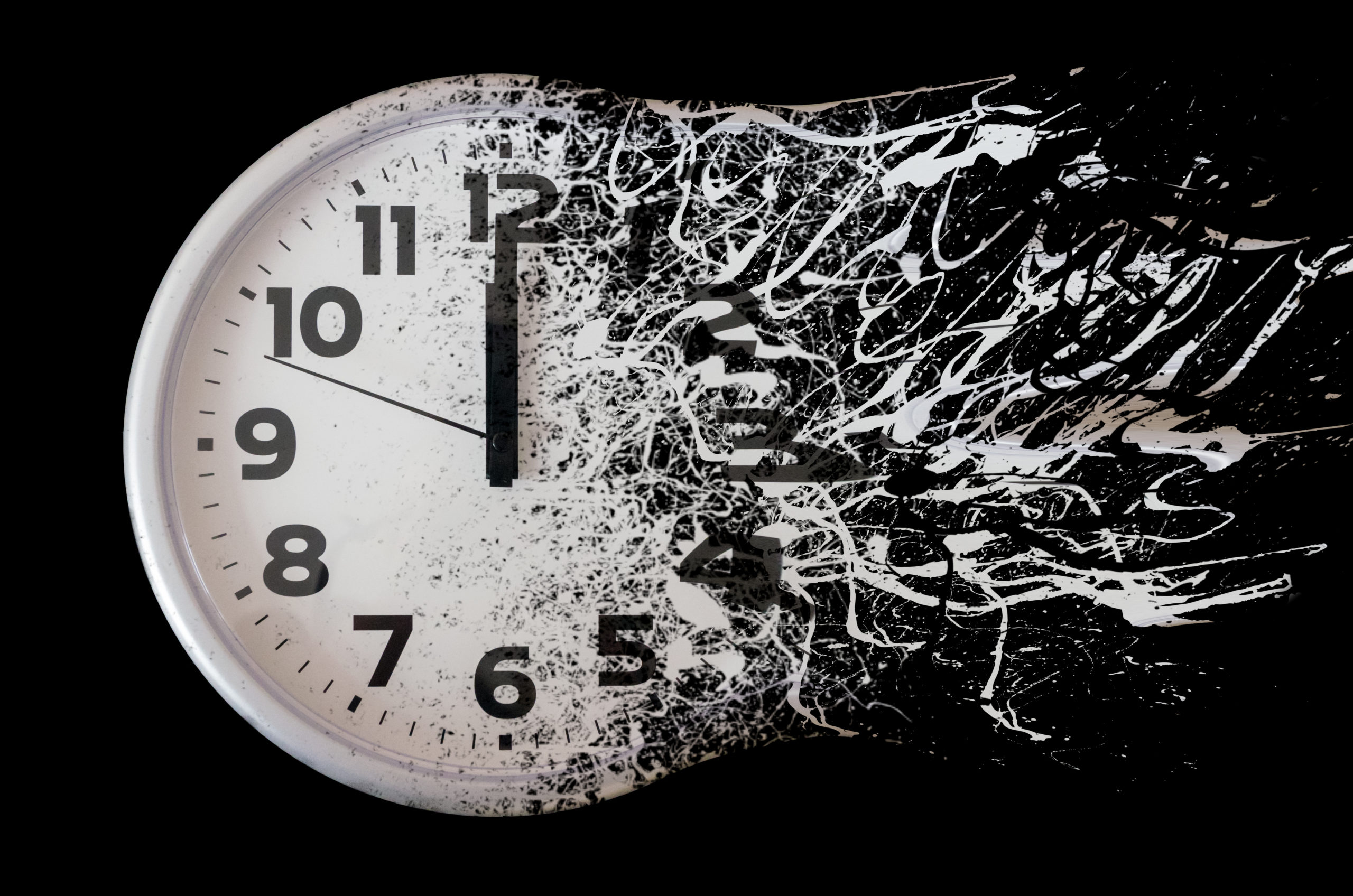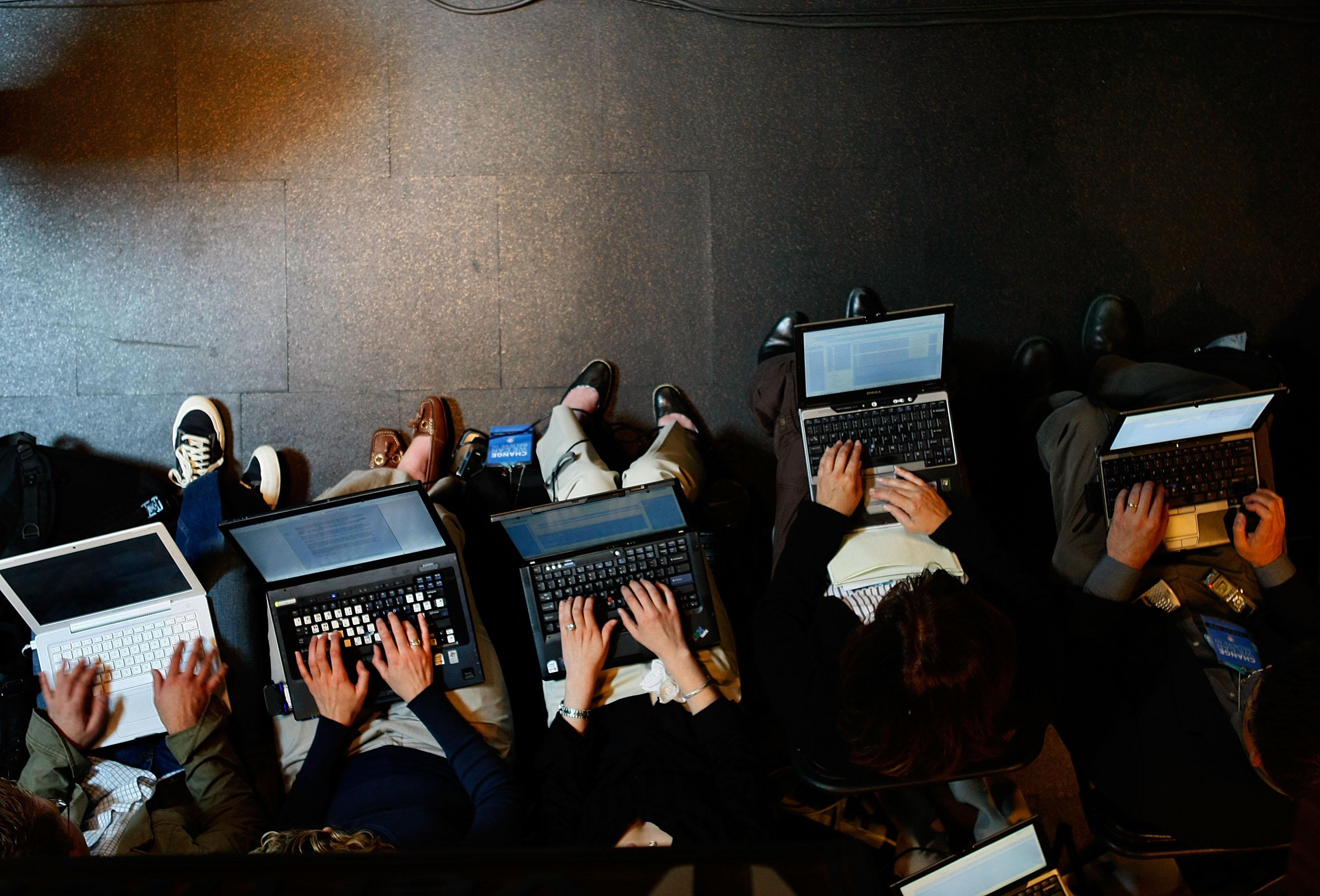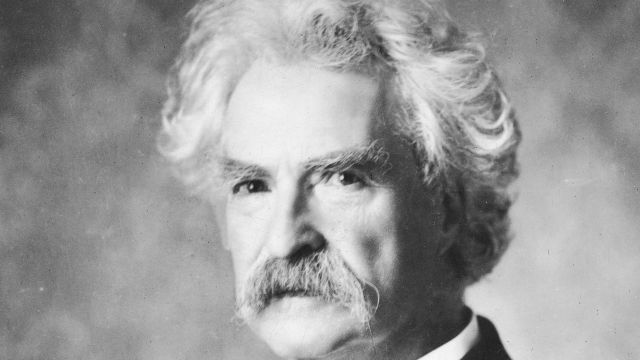Why monotasking is the new multitasking

Multitasking. Photo credit: Matthias Weinberger / Flickr
We know multi-tasking is bad for us: we just can’t stop doing it. No matter how many times we hear that multitasking causes heightened mental stress, ruins memory and concentration more than smoking pot, and is literally impossible for our brains to do, we still do it.
“As much as people would like to believe otherwise, humans have finite neural resources that are depleted every time we switch between tasks,” The New York Times reports. “That’s why you feel tired at the end of the day. You’ve used them all up.”
Multitasking is so pernicious because it doesn’t feel like a myth. As Psychology Today explains, “When you multitask ‘successfully,’ you activate the reward mechanism in your brain which releases dopamine, the happy hormone. This dopamine rush makes you feel so good that you believe you’re being effective and further encourages your multitasking habit.” At first, multitasking appears to give us an enormous hit of that rush, and “that’s why it’s so hard to stop multitasking,” Psychology Today says, “because you’ve conditioned your mind and body to feel that thrill.”
In reality, multitasking splits our focus and gives us a false sense of accomplishment, making us “suckers for irrelevancy,” as Stanford professor Clifford Nass put it in his 2009 study: “Everything distracts.” ABC News correspondent Dan Harris concurs, as he told us:
In addition to all those deterrents, Psychology Today reports that multitasking can also “make you overly optimistic which means your [sic] less careful about the work you do and more likely to make mistakes.” It also makes “the little information we do take in when we’re multitasking more difficult to remember at a later stage.” The Stanford research backs that up, with study co-author Eyal Ophir saying multitaskers “couldn’t help thinking about the task they weren’t doing. [They] are always drawing from all the information in front of them. They can’t keep things separate in their minds,” in a press release.
Those effects seem compounded in college students, since multitasking gave them lower GPAs according to this 2015 Iowa State University study. Neuroscientist and McGill University professor Daniel Levitin explains those myths to us here:
Given all this evidence, it’s high time all of us heed the research and embrace monotasking. Monotasking — also known as unitasking or “single tasking,” according to The Times — is not the same as mindfulness. Mindfulness cultivates awareness, a focus on the here and now. Monotasking is simply paying attention to, and completing, one task at a time.
If that sounds daunting to you, it can be. But don’t worry: you can take baby steps to retrain your brain and reclaim your focus. Buffer co-founder Leo Widrich did just that with these 3 simple steps:
All those changes allowed him to maximize his neural energy and processes in a way that not only got his work done, but got it done faster and better than it did when he was multitasking.
If those steps are difficult for you to do at work, focus on the two biggest attention-busters: email and text messages. Inc recommends, “establishing an e-mail checking schedule” to avoid the temptation to check it every time you get an alert.
“Commit yourself to checking emails only three times a day, (maybe when you get into work in the morning, at lunchtime, and before leaving work at the end of the day).” They also suggest you “turn off texting notifications and choose specific times to check your phone as well” in order to minimize distractions during work.
If social media is your biggest distraction, there are ways to fix that, too. “You can get apps which block your social media (and even your email) except for certain times of the day,” Psychology Today says. Here’s a list from Mashable to get you started.
Whatever you decide, “make sure that you also take breaks in your unitasking because that’s when your brain is at its most effective,” Psychology Today says. One of the best things you can do during that break to recharge is meditate. Again, mindfulness is not the same thing as unitasking, but because mindfulness helps you focus on the present, it increases your focusing abilities. Here’s Stanford neurosurgeon James Doty breaking down the process step by step:





